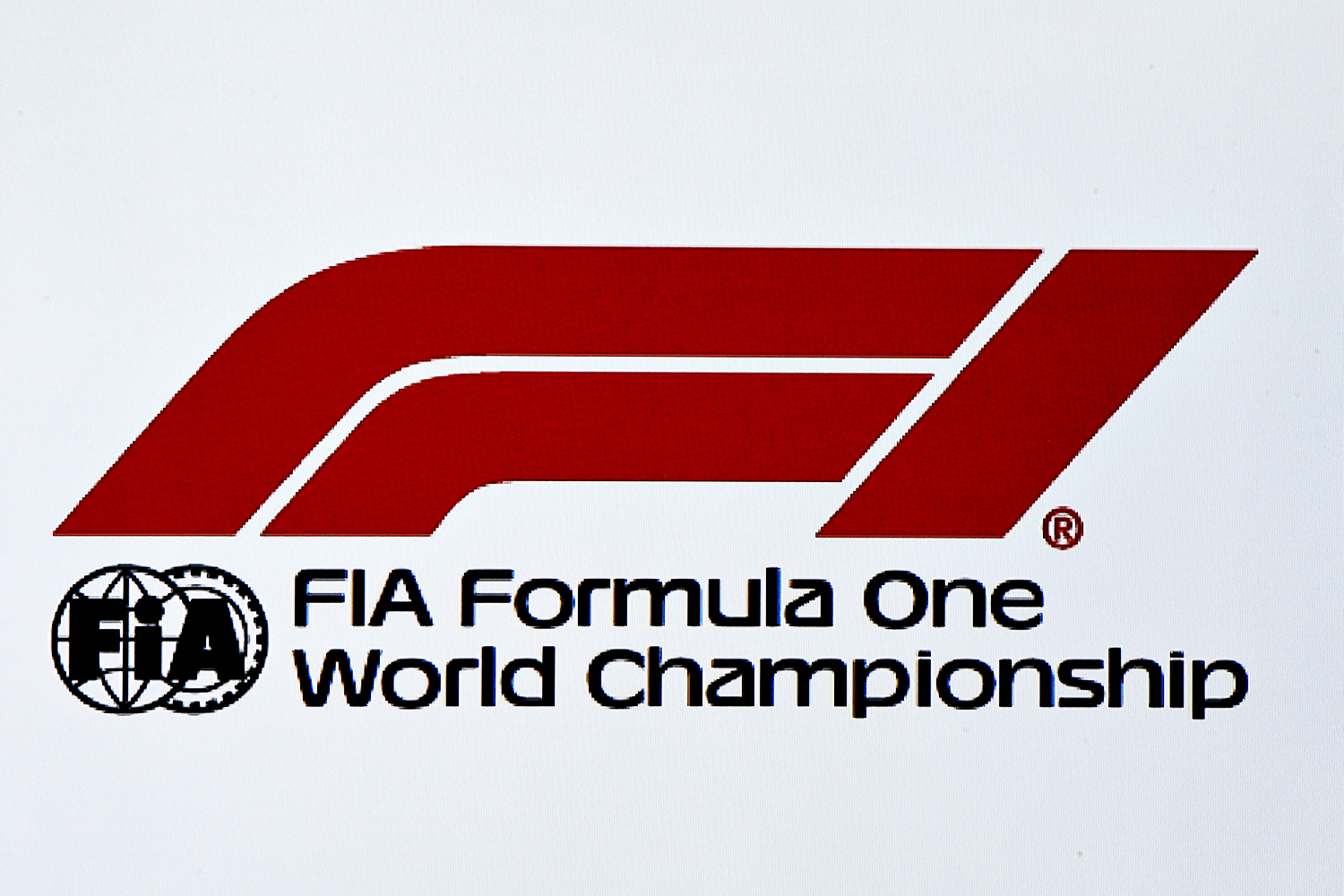Formel 1 Logo

Introduction to Formula 1

Formula 1, also known as F1, is the highest class of single-seater auto racing sanctioned by the Fédération Internationale de l’Automobile (FIA). The sport has a rich history, dating back to the early 20th century, and has evolved over the years to become one of the most popular and competitive forms of motorsport in the world. The Formula 1 logo is a symbol of excellence, speed, and innovation, representing the pinnacle of automotive engineering and driver skill.
History of Formula 1

The first Formula 1 World Championship was held in 1950, with seven teams competing in six races across Europe. Over the years, the sport has undergone significant changes, including advances in technology, safety improvements, and the introduction of new teams and drivers. Today, Formula 1 is a global phenomenon, with a massive following and a presence in over 20 countries. The sport is known for its high-speed racing, cutting-edge technology, and glamorous atmosphere, making it a favorite among fans and sponsors alike.
Key Components of Formula 1

There are several key components that make up the world of Formula 1, including: * Teams: Formula 1 teams are responsible for designing, building, and racing their cars. Each team has a principal, engineers, mechanics, and drivers who work together to achieve success on the track. * Cars: Formula 1 cars are highly advanced machines, capable of reaching speeds of over 360 km/h. They are powered by sophisticated engines, feature advanced aerodynamics, and are equipped with state-of-the-art technology. * Drivers: Formula 1 drivers are highly skilled athletes who require a unique combination of physical and mental abilities to compete at the highest level. They must be able to handle the physical demands of driving a Formula 1 car, as well as make strategic decisions during the race. * Races: Formula 1 races are held on a variety of circuits around the world, each with its own unique characteristics and challenges. The races are typically held over a distance of around 300 km, with the driver completing the most laps in the shortest time declared the winner.
Formula 1 Racing

Formula 1 racing is a complex and strategic sport, requiring a combination of speed, skill, and strategy to succeed. The racing season typically consists of around 20 Grands Prix, held on different circuits around the world. Each Grand Prix is a separate event, with its own qualifying session, race, and points system. The driver who accumulates the most points over the course of the season is declared the World Champion.
🔍 Note: The Formula 1 World Championship is awarded to the driver who accumulates the most points over the course of the season, with the team that scores the most points declared the Constructors' Champion.
Formula 1 Technology

Formula 1 technology is at the forefront of automotive innovation, with teams continually pushing the boundaries of what is possible. The sport is driven by advances in areas such as: * Aerodynamics: Formula 1 cars feature complex aerodynamic systems, including wings, diffusers, and drag reduction systems, which are designed to generate maximum downforce and minimize drag. * Engine technology: Formula 1 engines are highly advanced, featuring sophisticated fuel injection systems, turbocharging, and energy recovery systems. * Materials science: Formula 1 teams use advanced materials, such as carbon fiber and titanium, to reduce weight and increase strength.
| Team | Engine | Chassis |
|---|---|---|
| Mercedes-AMG | 1.6L V6 Turbo | F1 W11 |
| Ferrari | 1.6L V6 Turbo | SF1000 |
| Red Bull Racing | 1.6L V6 Turbo | RB16 |

As the sport continues to evolve, we can expect to see even more innovative technologies emerge, further increasing the performance and efficiency of Formula 1 cars.
To summarize the key aspects of Formula 1, the sport is a unique combination of speed, technology, and human skill, with a rich history and a global following. The Formula 1 logo represents the pinnacle of automotive engineering and driver excellence, and the sport continues to push the boundaries of what is possible.
What is the objective of Formula 1?

+
The objective of Formula 1 is to be the first driver to complete the most laps in the shortest time, with the driver accumulating the most points over the course of the season declared the World Champion.
What are the key components of a Formula 1 car?
+
The key components of a Formula 1 car include the engine, chassis, aerodynamics, and electronics, all of which work together to provide the driver with a competitive machine.
How does the Formula 1 World Championship work?

+
The Formula 1 World Championship is awarded to the driver who accumulates the most points over the course of the season, with points awarded based on the driver’s finishing position in each Grand Prix.



